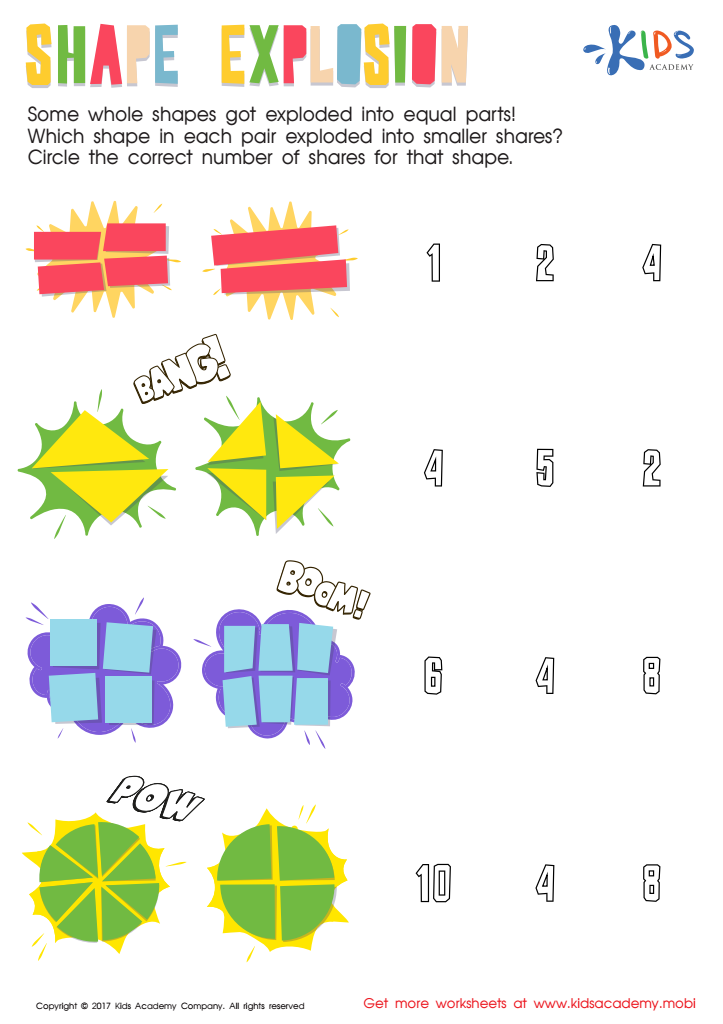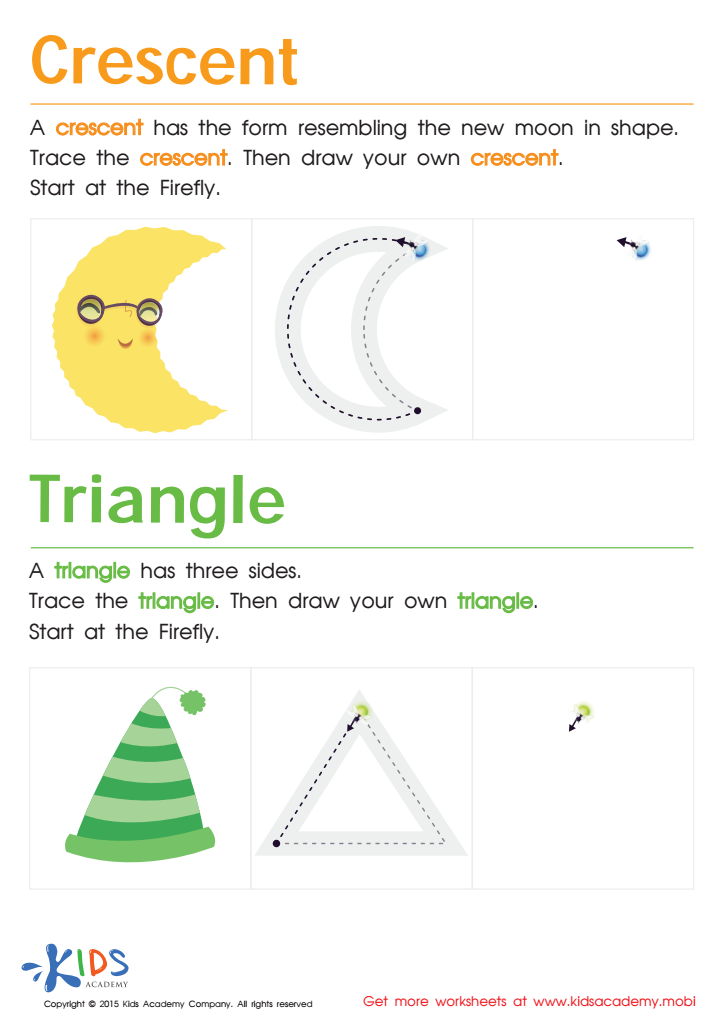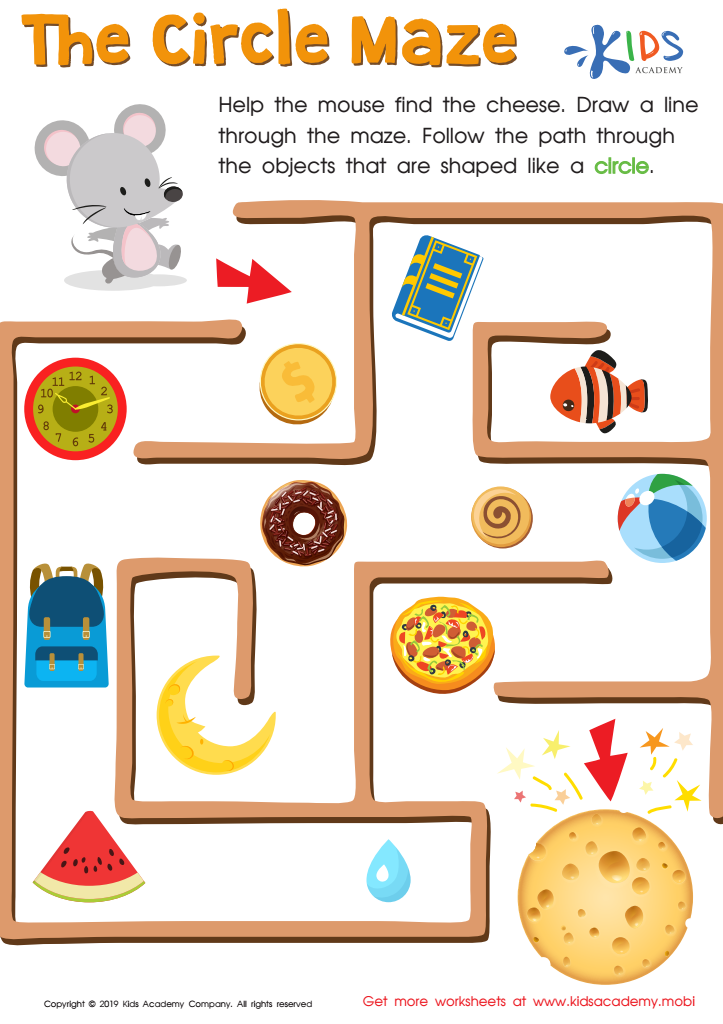Visual perception improvement Geometry Worksheets for Ages 4-8
3 filtered results
-
From - To
Enhance your child’s visual perception skills with our engaging Geometry Worksheets for ages 4-8! Designed specifically for young learners, these printable worksheets make mastering essential geometric concepts fun and interactive. Utilizing a variety of colorful activities, children will improve their ability to identify shapes, understand spatial relationships, and enhance their observational skills. Our exercises promote cognitive development while reinforcing important math skills aligned with early education standards. Perfect for home or classroom use, these worksheets provide a structured way to encourage critical thinking and creativity. Empower your child’s learning journey today by exploring our Visual Perception Improvement Geometry Worksheets!


Shape Explosion Worksheet


Learning to Draw Crescents And Triangles Worksheet


The Circle Maze Worksheet
Visual perception is a crucial skill that impacts a child's ability to understand and interact with their world, making it essential for parents and teachers to focus on its improvement, especially in geometry for ages 4-8. At this developmental stage, children learn about shapes, sizes, patterns, and spatial relationships, foundational concepts for mathematics and science.
Enhancing visual perception skills in young learners helps them recognize and differentiate between various geometric figures, aiding in better problem-solving and critical thinking. For instance, children may improve their abilities to estimate distances, comprehend differences in size and shape, and recognize two-dimensional forms in three-dimensional contexts. These skills transfer beyond geometry and contribute to reading, writing, and other academic pursuits.
Furthermore, sharpening visual perception boosts confidence, enabling young students to engage more fully in classroom activities and discussions. Additionally, fostered early geometric understanding can ignite interest in mathematics, which sets the stage for future academic successes and a positive attitude toward learning.
Incorporating fun and engaging visual perception activities related to geometry—like puzzles, building blocks, or hands-on games—can effectively cultivate these essential skills, making learning a captivating experience for children.

 Assign to My Students
Assign to My Students


























